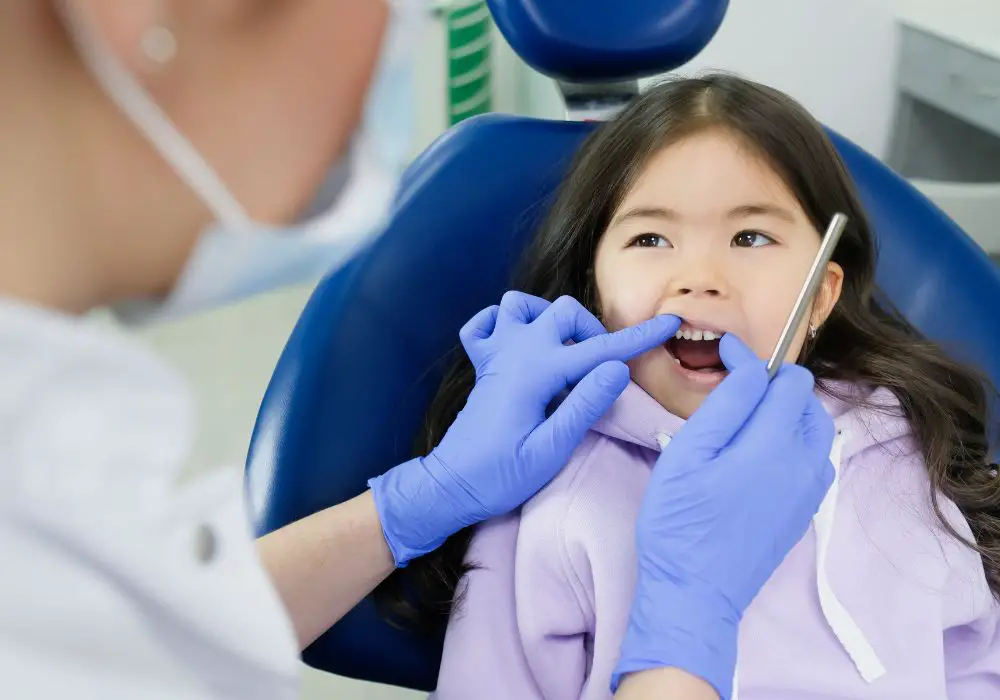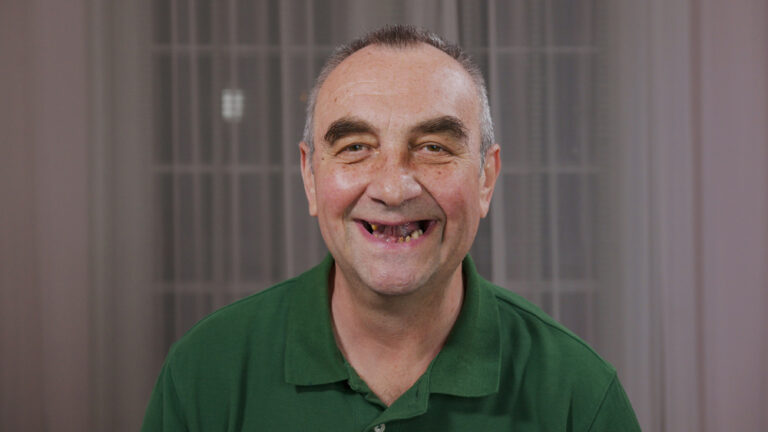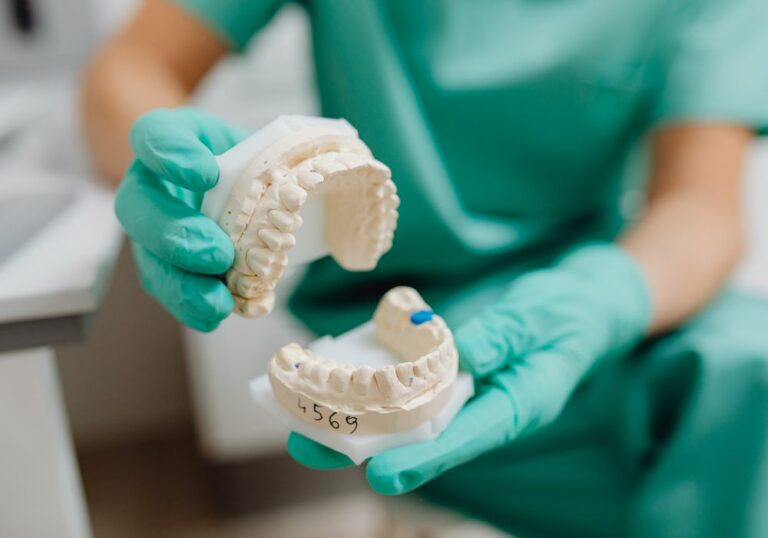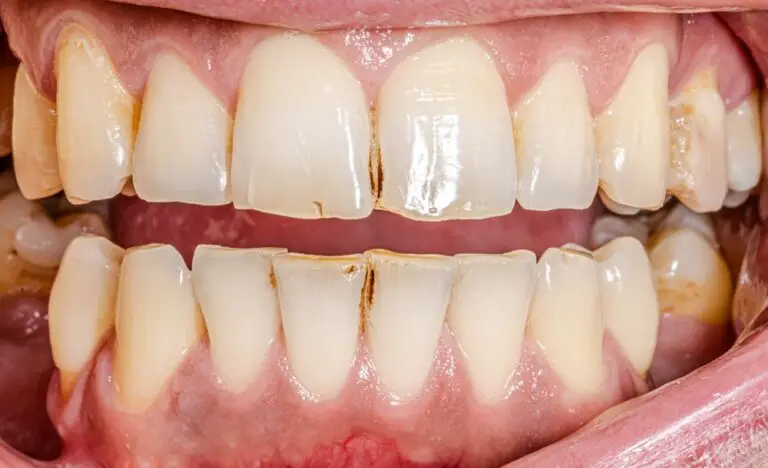Have you ever wondered if human teeth can grow back? While many animals have the ability to regrow their teeth, humans are not one of them. Humans only have two sets of teeth in their lifetime: primary (baby) teeth and permanent teeth. Once permanent teeth are lost, they cannot grow back naturally.
The reason for this lies in the way teeth develop in humans. Teeth are formed from tooth germs, which are groups of cells that eventually form a tooth. These cells are derived from the ectoderm of the first pharyngeal arch and the ectomesenchyme of the neural crest. While some animals have stem cells that can regenerate teeth throughout their lifetime, humans do not have this ability.
However, there is ongoing research on ways to regenerate teeth in humans. Scientists are exploring various methods, such as using stem cells or gene therapy, to stimulate tooth growth. While these methods are still in the experimental stage, they offer hope for the future of dental care. In the meantime, it is important to take good care of your teeth to prevent tooth loss and maintain good oral health.
Understanding Human Teeth Growth

As a human being, you are born with a set of primary teeth, also known as baby teeth or milk teeth. These teeth are eventually replaced by a set of permanent teeth, which are meant to last for the rest of your life.
The process of growing teeth is called odontogenesis, and it involves the formation of the tooth buds, which later develop into teeth. This process starts in the womb and continues throughout childhood and adolescence.
Adult humans have 32 permanent teeth, which include 8 incisors, 4 canines, 8 premolars, and 12 molars. These teeth are arranged in two arches, the upper arch and the lower arch, and they are designed to work together to help you chew your food, speak properly, and maintain the shape of your face.
Unlike some animals, humans do not have the ability to regrow teeth once they have been lost or damaged. This is because our teeth are not continuously growing like those of rodents or reptiles.
However, it is possible for teeth to grow back to some extent if they are damaged or broken. This is because teeth have the ability to repair themselves to a certain degree, thanks to the presence of stem cells in the dental pulp.
To promote healthy tooth growth and development, it is important to practice good oral hygiene habits, such as brushing your teeth twice a day, flossing regularly, and visiting your dentist for regular checkups and cleanings.
Primary Teeth: The First Set
When you were born, you didn’t have any teeth yet. However, your baby teeth, also known as primary teeth, began to develop before you were born. These teeth are important because they help you chew and speak properly, and they also hold space in your mouth for your adult teeth to come in later.
Most babies start to get their first teeth between 6 and 12 months of age. By the time you are 3 years old, you should have a full set of 20 primary teeth. Here is a chart showing when each tooth typically erupts:
| Tooth Number | Age of Eruption |
|---|---|
| 1 | 6-10 months |
| 2 | 7-11 months |
| 3 | 9-13 months |
| 4 | 10-16 months |
| 5 | 11-17 months |
| 6 | 13-19 months |
| 7 | 16-23 months |
| 8 | 13-23 months |
| 9 | 25-33 months |
| 10 | 17-25 months |
| 11 | 25-33 months |
| 12 | 25-33 months |
| 13 | 23-31 months |
| 14 | 23-31 months |
| 15 | 23-31 months |
| 16 | 23-31 months |
| 17 | 14-23 months |
| 18 | 16-23 months |
| 19 | 25-33 months |
| 20 | 25-33 months |
Each primary tooth has a specific job to do. Here is a breakdown of the types of primary teeth and what they are used for:
- Incisors: These are the four front teeth on the top and bottom. They are used for biting into food.
- Canines: These are the next teeth on either side of the incisors. They are used for tearing food.
- Molars: These are the back teeth used for grinding and chewing food.
It is important to take care of your primary teeth by brushing and flossing regularly and visiting the dentist for checkups. Even though these teeth will eventually fall out, they are still important for your overall health and well-being.
Permanent Teeth: The Second Set

Once your baby teeth have fallen out, your permanent teeth will come in. These teeth are meant to last the rest of your life, so it’s important to take good care of them.
Adults have a total of 32 permanent teeth, consisting of six maxillary and six mandibular molars, four maxillary and four mandibular premolars, two maxillary and two mandibular canines, and four maxillary and four mandibular incisors.
The permanent teeth grow in behind the baby teeth, which eventually fall out to make room for them. The process of losing baby teeth and growing in permanent teeth typically happens between the ages of 6 and 12 years old.
It’s important to note that not everyone’s teeth come in at the same time or in the same order. Some people may experience delays or abnormalities in their tooth development, which may require orthodontic treatment.
Once your permanent teeth have fully grown in, it’s important to maintain good oral hygiene habits to keep them healthy and strong. This includes brushing twice a day, flossing daily, and visiting the dentist regularly for check-ups and cleanings.
Can Human Teeth Regrow
Unfortunately, once your adult teeth come in, you only get one set. Unlike some animals, humans cannot regrow their teeth naturally.
While it is true that humans can regenerate some tissues, like skin and hair, teeth are not one of them. This is because teeth are made up of several different types of tissue, including enamel, dentin, and pulp. Once these tissues are damaged or lost, they cannot regenerate on their own.
There are some experimental treatments that may one day allow humans to regrow teeth, such as stem cell therapy and gene therapy. However, these treatments are still in the early stages of development and are not yet widely available.
In the meantime, the best way to keep your teeth healthy and strong is to practice good oral hygiene, including brushing and flossing regularly, eating a healthy diet, and visiting your dentist for regular checkups and cleanings. If you do lose a tooth, there are options for replacement, such as dental implants or dentures.
Factors Influencing Tooth Regrowth
Regrowing teeth is a complex process that involves multiple factors. Here are some of the factors that can influence tooth regrowth:
Age
Age plays a crucial role in the ability of teeth to regrow. While children can regrow their teeth multiple times, adults have a limited ability to do so. This is because the stem cells responsible for tooth regeneration decrease in number and become less active as you age.
Genetics
Genetics can also play a role in tooth regrowth. Some people may have a genetic predisposition to regrow teeth more easily than others. However, more research is needed to fully understand the role of genetics in tooth regeneration.
Nutrition
Nutrition is another important factor that can influence tooth regrowth. Your teeth need certain nutrients, such as calcium and vitamin D, to stay healthy and strong. A diet that is deficient in these nutrients can lead to weaker teeth that are more prone to damage and decay.
Oral hygiene
Maintaining good oral hygiene is crucial for tooth regrowth. Regular brushing and flossing can help remove plaque and prevent tooth decay, which can damage the stem cells responsible for tooth regeneration.
Trauma
Trauma to the teeth, such as from a sports injury or accident, can also impact tooth regrowth. Severe trauma can damage the stem cells responsible for tooth regeneration and make it more difficult for new teeth to grow.
Overall, while tooth regrowth is possible in certain circumstances, it is important to take steps to maintain good oral health and prevent damage to your teeth in the first place.
Scientific Research on Tooth Regrowth

Research on tooth regrowth has been ongoing for several years, and there have been some promising discoveries. Here are some of the most notable scientific findings:
- FGF8, FGF9, and FGF10: During the initiation stage of tooth development, the expression of FGF8 and FGF9 are detected in the prospective tooth region of the dental epithelium, suggesting that they may take part in the initiation of tooth development. Meanwhile, FGF10 is detected in the dental epithelium and the dental mesenchyme.
- Root Regeneration: A breakthrough discovery was made by researchers at the Herman Ostrow School of Dentistry of USC. They discovered how genes for the roots of teeth turn on and off, a key step on the path to someday regrowing the teeth themselves.
- Dental Cell Type Atlas: A dental cell type atlas has been created, which reveals stem and differentiated cell types in mouse and human teeth. This could help researchers better understand the mechanisms of tooth regeneration.
- Stem Cell Stimulation: Scientists have shown that stimulating the stem cells within the pulp of teeth can cause the regrowth of dentin. This makes it possible for cavities to reverse without the need for fillings.
While these findings are exciting, it’s important to note that tooth regrowth is still in the early stages of research. It may be several years before any treatments become available for humans. In the meantime, it’s important to take good care of your teeth to prevent tooth loss and decay.
Potential for Future Tooth Regrowth
While adult teeth do not naturally grow back once lost or damaged, there are several promising avenues of research that could lead to tooth regrowth in the future. Here are a few potential approaches:
Stem Cell Therapy
Stem cells have the potential to develop into a variety of different cell types, making them a promising avenue for regenerating damaged or missing teeth. Researchers are currently exploring several types of stem cells for potential use in tooth regeneration, including:
- Dental pulp stem cells
- Stem cells from human exfoliated deciduous teeth (baby teeth)
- Leptin-receptor-expressing stem cells
While stem cell therapy for tooth regeneration is still in the early stages of development, researchers are optimistic about its potential. However, more research is needed to fully understand the safety and efficacy of this approach.
Drug Therapies
Researchers are also exploring the use of drugs to stimulate tooth regeneration. One drug, Tideglusib, has shown promise in early studies. The drug works by stimulating stem cells in the pulp of the tooth to generate new dentin, the hard tissue that makes up the bulk of the tooth. While more research is needed to fully understand the potential of this approach, it could one day lead to a drug therapy for tooth regeneration.
Tissue Engineering
Tissue engineering involves growing new tissue in the lab and then implanting it in the body. Researchers are exploring the use of tissue engineering to regenerate teeth, using a combination of stem cells and scaffolding materials to create a new tooth. While this approach is still in the early stages of development, it has shown promise in animal studies.
While tooth regrowth is not yet a reality, these and other approaches to tooth regeneration offer hope for a future where damaged or missing teeth can be replaced with new, healthy ones.
Myths About Tooth Regrowth

When it comes to tooth regrowth, there are many myths and misconceptions out there. Here are some common ones:
Myth 1: You can regrow a whole tooth
Unfortunately, this is not true. While some animals, like sharks and alligators, can regrow entire teeth throughout their lives, humans cannot. Once a permanent tooth falls out or is removed, it cannot be regrown.
Myth 2: You can regrow parts of a tooth
While it is possible for some parts of a tooth to regenerate, such as the enamel, it is not possible for other parts, such as the pulp or dentin. Regeneration of these parts is still an area of active research.
Myth 3: Certain foods or supplements can promote tooth regrowth
There is no evidence to support the claim that any particular food or supplement can promote tooth regrowth in humans. Maintaining good oral hygiene and staying on top of dental check-ups is the best way to keep your teeth healthy.
Myth 4: Baby teeth can regrow
Once a baby tooth falls out, it is replaced by a permanent tooth. The permanent tooth will not regrow if it is lost or removed.
It is important to separate fact from fiction when it comes to tooth regrowth. While it is not possible to regrow a whole tooth, there are still ways to maintain good oral health and keep your teeth in the best shape possible.
Taking Care of Your Teeth
Taking care of your teeth is essential to keep them healthy and prevent tooth loss. Here are some tips to help you maintain good oral hygiene:
- Brush your teeth twice a day for two minutes each time. Use a soft-bristled brush and fluoride toothpaste. Make sure to brush all surfaces of your teeth, including the front, back, and chewing surfaces.
- Floss your teeth daily to remove plaque and food particles from between your teeth and under your gumline. Use a gentle back-and-forth motion to avoid injuring your gums.
- Use mouthwash to kill bacteria and freshen your breath. Look for a mouthwash that contains fluoride to help strengthen your teeth.
- Limit your intake of sugary and acidic foods and drinks, such as soda and candy. These can erode your tooth enamel and lead to cavities.
- Drink plenty of water throughout the day to help rinse away food particles and bacteria.
- Visit your dentist regularly for check-ups and cleanings. Your dentist can detect and treat dental problems early on, before they become more serious.
By following these simple tips, you can help keep your teeth healthy and strong for a lifetime.
Frequently Asked Questions
Can a tooth grow back a third time?
No, humans only get two sets of teeth in their lifetime: 20 primary (baby) teeth and 32 secondary (permanent) teeth. If you lose any of your secondary teeth, your teeth will not grow back a third time.
Regrow missing teeth naturally?
While there are some natural remedies that claim to promote tooth regrowth, there is no scientific evidence to support these claims. The best way to prevent tooth loss is to maintain good oral hygiene and visit your dentist regularly.
Can teeth grow back after removal?
No, once a tooth is removed, it will not grow back. However, there are options for tooth replacement, such as dental implants, bridges, and dentures.
Does teeth grow back at the age of 18?
No, by the age of 18, most people have all of their permanent teeth. However, wisdom teeth may continue to grow in until the mid-20s.
Can your teeth grow back at age 16?
No, by age 16, most people have all of their permanent teeth. However, if a tooth is lost due to injury or disease, it may be possible to replace it with a dental implant or bridge.
Do teeth ever stop growing back?
Yes, teeth stop growing once they reach their full size and shape. However, they can still be affected by wear and tear, disease, and injury, which can lead to tooth loss and the need for replacement options.






